QuickBooks® Request for Payment Message Format
The Best Solution for Payment Processing in QuickBooks®
Today Payments is an Authorized Developer of Intuit offering a highly robust app that supports both QuickBooks’ desktop and online customers, provide merchants with the tools they need so they can focus more time on their customers and businesses, and less time on data entry.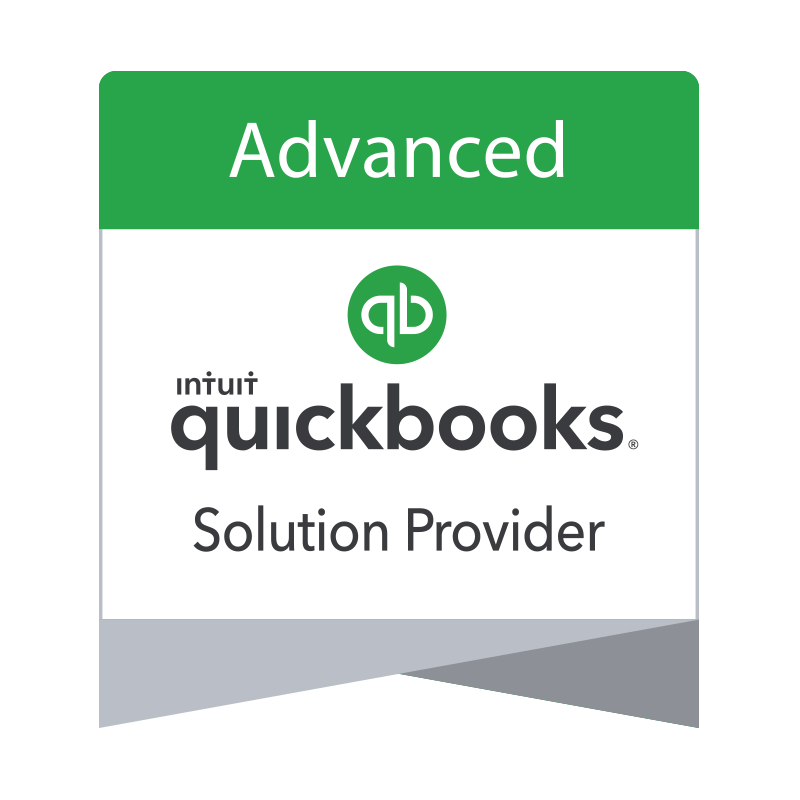
"Our Integrated payment solutions can save a typical small business owner more than 180 hours each year"
See
the features
QuickBooks® ACH, Cards, FedNow and Real-Time Payments
- Payment processing for all QuickBooks desktop, Pro, Premier, Enterprise and also QBO QuickBooks Online Our software is designed for simplicity and ease-of-use.
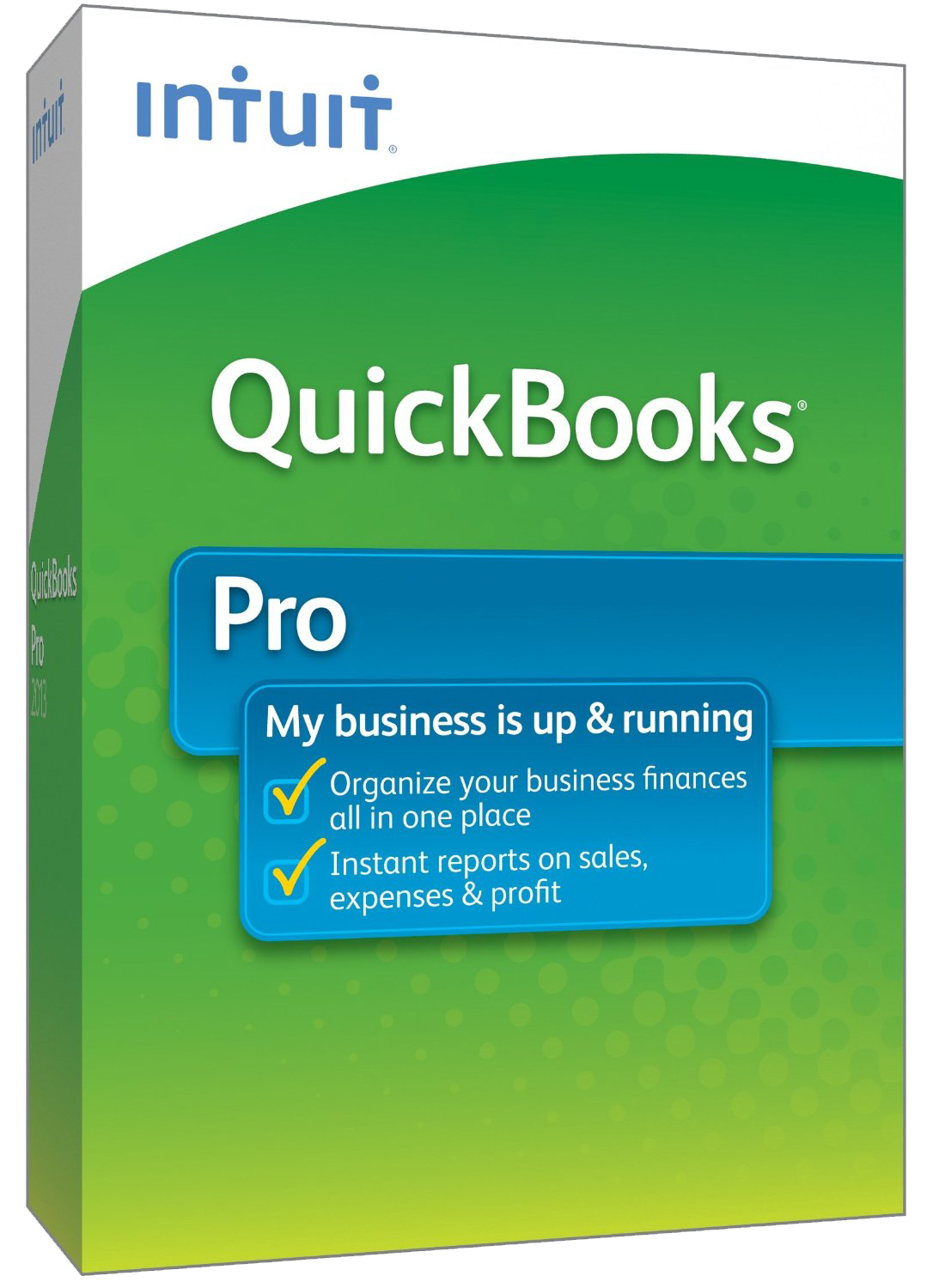
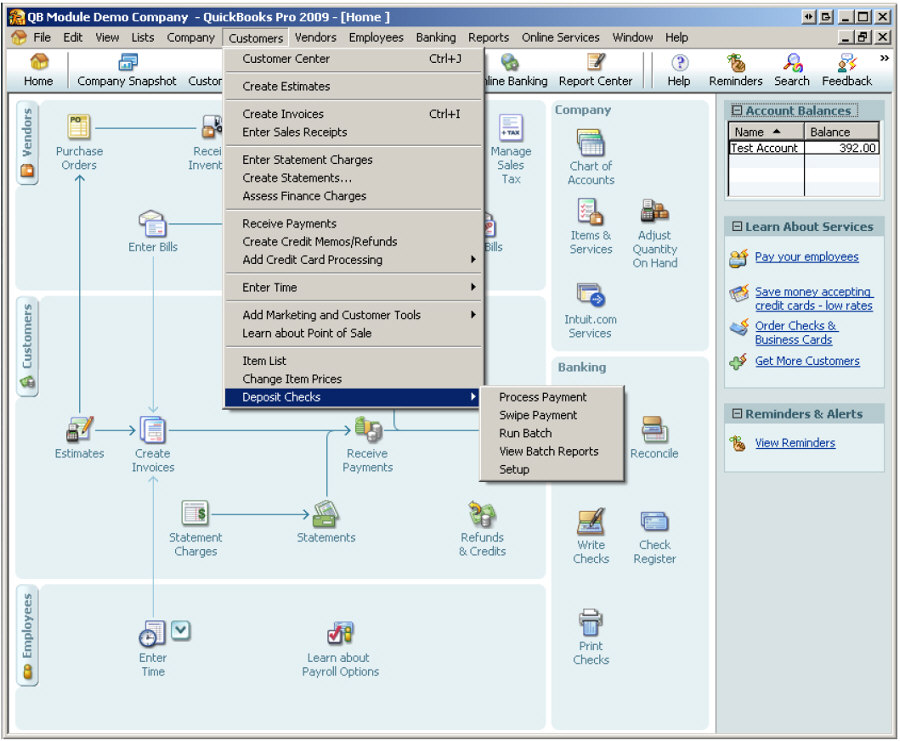
- ~ Automate Account Receivable Collection
- ~ Automate Account Payable Payments
- ~ One-time and Recurring Debits / Credits
Secure QB Plugin payment processing through QuickBooks ® specializes in the origination of moving money electronically.
Ask about our special:
Request for Payments
To import FedNow and Real-Time Payments (RTP) Request for Payment (RfP) message files into QuickBooks Online (QBO) using https://SecureQBPlugin, follow this step-by-step guide. SecureQBPlugin provides integration between payment systems and QuickBooks, allowing businesses to import and manage payment requests such as FedNow and RTP within QBO.
Here’s how to set up and use the plugin for importing payment message files.
1. Set Up SecureQBPlugin for QuickBooks Online
Step 1: Download and Install the Plugin
- Visit
SecureQBPlugin.com
and follow the instructions to download and install the plugin for
QuickBooks Online.
- Ensure that you have the correct version for QBO.
- You’ll be asked to connect SecureQBPlugin to your QuickBooks Online account via OAuth-based authentication.
- Connect the Plugin to QuickBooks Online:
- Log in to QBO.
- Authorize SecureQBPlugin to access your QuickBooks Online account by following the OAuth authorization process.
Step 2: Configure FedNow and RTP Settings
- In the SecureQBPlugin dashboard, navigate to the Settings section and configure the options for FedNow and Real-Time Payments (RTP).
- Ensure you have your payment provider’s credentials/API keys (e.g., from TodayPayments, Finix Payments, Dwolla, or your bank) and enter them in the settings. This will allow you to process FedNow and RTP payments.
2. Prepare the FedNow and RTP Request for Payment (RfP) Files in ISO 20022 Format
Step 1: Generate the ISO 20022 XML Files
The Request for Payment (RfP) message files for both FedNow and RTP need to be formatted according to the ISO 20022 XML standard. Typically, these files include:
- Message ID: A unique identifier for the payment batch.
- Payment Information: Details about the payment amount, currency, payer, and payee.
- Transaction Information: Specific details about each payment transaction, including invoice or reference numbers.
- Remittance Information: Data related to the payment purpose, such as the invoice number and description.
You can generate these files using:
- Payment providers that support FedNow or RTP, such as TodayPayments, Finastra, Dwolla, Finix Payments, or Volante Technologies.
- Accounting or ERP systems with integrated payment solutions.
Here’s an example of a basic ISO 20022 XML message:
xml
<Document xmlns="urn:iso:std:iso:20022:tech:xsd:pacs.008.001.02">
<FIToFICstmrCdtTrf>
<GrpHdr>
<MsgId>Batch001</MsgId>
<CreDtTm>2024-09-15T10:30:00</CreDtTm>
<NbOfTxs>5</NbOfTxs>
<CtrlSum>5000.00</CtrlSum>
<InitgPty>
<Nm>MyBusiness</Nm>
</InitgPty>
</GrpHdr>
<CdtTrfTxInf>
<PmtId>
<InstrId>INVOICE001</InstrId>
<EndToEndId>INV001</EndToEndId>
</PmtId>
<Amt>
<InstdAmt Ccy="USD">1000.00</InstdAmt>
</Amt>
<CdtrAcct>
<Id>
<IBAN>US12345678901234567890</IBAN>
</Id>
</CdtrAcct>
<RmtInf>
<Ustrd>Payment for Invoice #001</Ustrd>
</RmtInf>
</CdtTrfTxInf>
</FIToFICstmrCdtTrf>
</Document>
Step 2: Validate the ISO 20022 File
- Before uploading, validate the ISO 20022 XML file using your payment processor's validation tools or an online validator to ensure the file structure complies with the ISO 20022 standard.
3. Import FedNow and RTP Request for Payment Files into QuickBooks Online using SecureQBPlugin
Step 1: Log in to SecureQBPlugin
- Open SecureQBPlugin and log in using your credentials.
Step 2: Navigate to the File Import Section
- In the SecureQBPlugin dashboard, find the section for importing files. This is typically labeled as File Upload or Import Payments.
Step 3: Upload the ISO 20022 XML File
- Select the Upload Payment File option.
- Browse your computer to locate the FedNow or RTP Request for Payment file in ISO 20022 XML format.
- Upload the file into the SecureQBPlugin interface.
Step 4: Validate and Review the Uploaded File
- After uploading, SecureQBPlugin will automatically validate the ISO 20022 XML file for proper formatting and payment details.
- Review the summary of the payment requests, including the number of transactions, payment amounts, and payer/payee information.
Step 5: Submit the Payment File
- Once the file is validated and reviewed, click Submit to process the payments. SecureQBPlugin will handle the integration with your bank or payment provider for FedNow and RTP.
4. Reconciliation and Tracking in QuickBooks Online
Step 1: Track the Payment Status
- The payments processed via FedNow or RTP will be tracked in real-time. SecureQBPlugin provides access to real-time updates on the status of each payment (e.g., Pending, Processed, or Failed).
- You can view the transaction details in SecureQBPlugin’s dashboard, as well as in your payment provider’s platform.
Step 2: Sync with QuickBooks Online
- Once the payments are processed, SecureQBPlugin
will automatically sync the status of each payment with QuickBooks
Online.
- For example, if an invoice was paid via FedNow or RTP, the corresponding invoice in QuickBooks will be marked as Paid.
- The payment transaction details, such as the date, amount, and payment reference, will be logged in your QBO account.
Step 3: Review Reconciliation in QBO
- Check the Banking section in QuickBooks Online to ensure that the payments have been correctly reconciled. The payments processed through FedNow or RTP will appear in your QuickBooks bank feed for further review and reconciliation.
5. Using APIs and Automation (Optional)
If you want to automate the process further, SecureQBPlugin also supports API integrations with payment providers that offer FedNow and RTP services. This way, you can:
- Automatically generate and import ISO 20022 files based on QuickBooks data.
- Set up automatic payment reconciliation when payments are completed.
- Schedule payments or batch imports using automated workflows between QBO and your payment provider.
6. Security Considerations
When importing payment files and processing payments, ensure that you follow security best practices:
- Encryption: Ensure the ISO 20022 XML files are securely uploaded through encrypted connections.
- Authentication: Use multi-factor authentication (MFA) when accessing payment platforms or importing sensitive files into SecureQBPlugin.
- Access Control: Limit access to the payment management sections of QuickBooks and SecureQBPlugin to authorized personnel only.
Conclusion
Using SecureQBPlugin, you can easily import FedNow and Real-Time Payments (RTP) Request for Payment (RfP) message files into QuickBooks Online. The process involves generating and validating ISO 20022 XML files from your payment provider or accounting system, uploading the files through SecureQBPlugin, and syncing the payment data with QuickBooks. This integration streamlines the process of handling real-time payments, automating the reconciliation of invoices and ensuring that all payment records are accurately reflected in QBO.
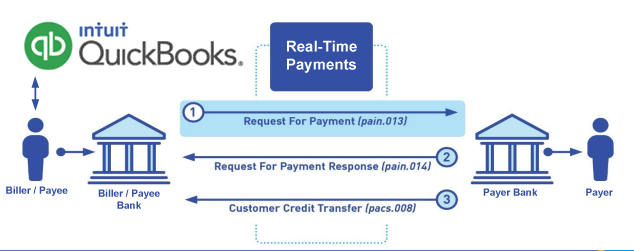
Call us, the .csv and or .xml Request for Payment (RfP) file you need while on your 1st phone call! We guarantee our reports work to your Bank and Credit Union. We were years ahead of competitors recognizing the benefits of RequestForPayment.com. We are not a Bank. Our function as a role as an "Accounting System" in Open Banking with Real-Time Payments to work with Billers to create the Request for Payment to upload the Biller's Bank online platform. U.S. Companies need help to learn the RfP message delivering their bank. Today Payments' ISO 20022 Payment Initiation (PAIN .013) show how to implement Create Real-Time Payments Request for Payment File up front delivering message from the Creditor (Payee) to it's bank. Most banks (FIs) will deliver the message Import and Batch files for their company depositors for both FedNow and Real-Time Payments (RtP). Once uploaded correctly, the Creditor's (Payee's) bank continuing through a "Payment Hub", will be the RtP Hub will be The Clearing House, with messaging to the Debtor's (Payer's) bank.
Our in-house QuickBooks payments experts are standing ready to help you make an informed decision to move your company's payment processing forward.
Pricing with our Request For Payment Professionals
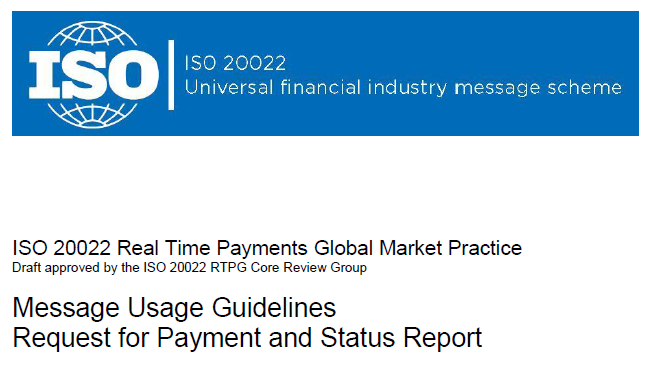
1) Free ISO 20022 Request for Payment File Formats, for FedNow and Real-Time Payments (The Clearing House) .pdf for you manually create "Mandatory" (Mandatory data for completed file) fields, start at page 4, with "yellow" highlighting. $0.0 + No Support
2) We create .csv or .xml formatting using your Bank or Credit Union. Create Multiple Templates. Payer/Customer Routing Transit and Deposit Account Number may be required to import with your bank. You can upload or "key data" into our software for File Creation of "Mandatory" general file.
Fees = $57 monthly, including Support Fees and Batch Fee, Monthly Fee, User Fee, Additional Payment Method on "Hosted Payment Page" (Request for file with an HTML link per transaction to "Hosted Payment Page" with ancillary payment methods of FedNow, RTP, ACH, Cards and many more!) + $.03 per Transaction + 1% percentage on gross dollar file,
3) Payer Routing Transit and Deposit Account Number is NOT required to import with your bank. We add your URI for each separate Payer transaction.
Fees Above 2) plus $29 monthly additional QuickBooks Online "QBO" formatting, and "Hosted Payment Page" and WYSIWYG
4) Above 3) plus Create "Total" (over 600 Mandatory, Conditional & Optional fields of all ISO 20022 Pain .013) Price on quote.
